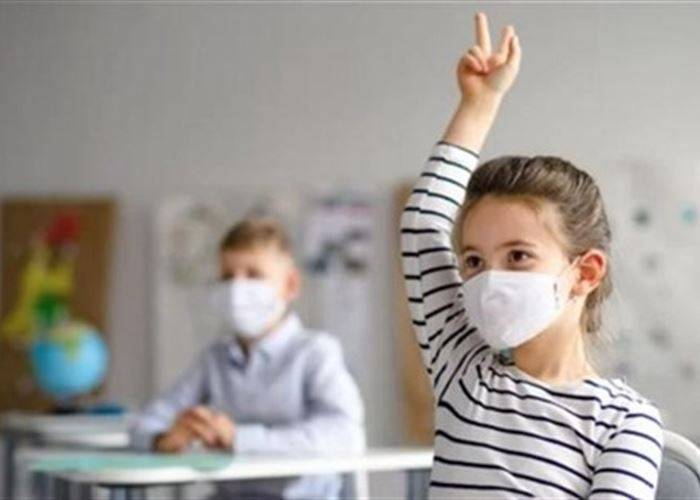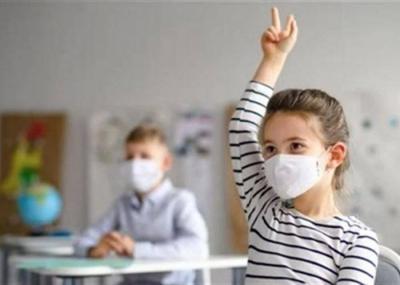After all the events that the Lebanese people have experienced over the past three years, along with the challenges they faced, they have developed a certain immunity against crises, while their health immunity remains weak against the epidemics and diseases that are spreading, compounded by a shortage of food, medicine, and heating. As soon as the people of Baalbek-Hermel were beginning to recover from the battle against the coronavirus, they found themselves in a confrontation with a cholera outbreak. In between, seasonal influenza, which used to be just a flu every year, has become a concern following a surge in viral mutations and a decrease in immunity.
This academic year began burdened with difficulties and challenges, starting with tuition fees and salaries, and not ending with transportation and heating. Three years after the COVID-19 pandemic and the accompanying precautionary measures and distance learning, schools are now facing a new health challenge represented by influenza, which is spreading significantly in the northern Bekaa amidst the harsh winter cold. The cold has intensified, compounded by severe restrictions on heating homes and some schools due to high costs, and the absence of the protective measures that were prevalent during COVID-19, such as masks, disinfectants, and social distancing.
According to information from “Nidaa Al-Watan,” a large number of schools are witnessing mandatory student absences due to flu symptoms, referred to as "cold" in Baalbek, which are escalating at this time, including severe coughing, high fever, runny nose, and colds. While some schools request parents not to send their children who show symptoms, even if it means closing entire classes, other schools are indifferent to the influenza phenomenon, amid the absence of even the basic levels of health prevention and ventilation in classrooms, which increases the rate of infections and spread. Additionally, there is a lack of necessary heating due to the high price of diesel fuel in both private and public schools.
Amid fears of their children losing more school terms as happened in previous years, and the risk of infection spreading to them alongside the financial burden of treatment costs, which have become expensive including vaccinations, parents are experiencing a sense of confusion. One mother shared with “Nidaa Al-Watan” that she has refrained from sending her child to school after he contracted the virus there and that she cannot afford the medicine due to its high price, just like the vaccine. Furthermore, she has doubts about the sources and effectiveness of medicines, so she has turned to wild thyme, regarded as one of the most important sources of alternative medicine that can substitute for doctors and medications. She concluded that a significant number of her neighbors and those living in her area are suffering from cold symptoms, which they now refer to as influenza, and are turning to home remedies.
On their part, educational sources reassure that the situation in schools is not alarming, stating that it is seasonal as every year. However, community immunity has declined in recent years, and the fear of viruses dominates people's concerns. The Ministry of Education is conducting awareness campaigns and health directives, having started with cholera vaccinations, and has circulated forms to all private and public schools for those wanting to receive the vaccine. They will collaborate with the Ministry of Health on an influenza campaign, especially as it is prevalent in the Bekaa during this time of year due to the cold weather.




